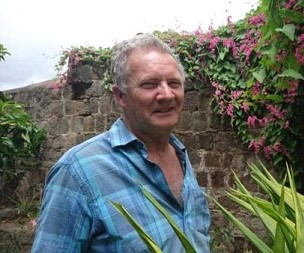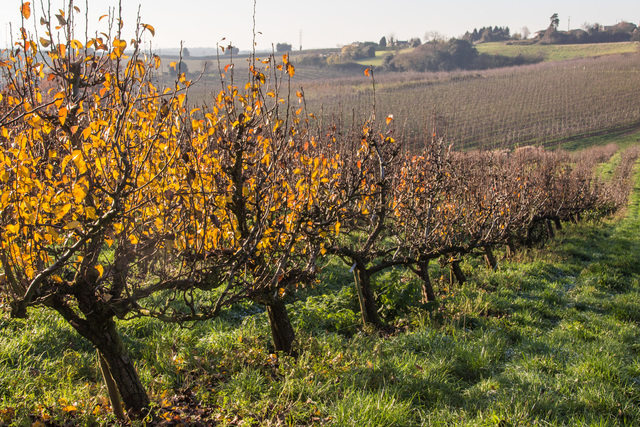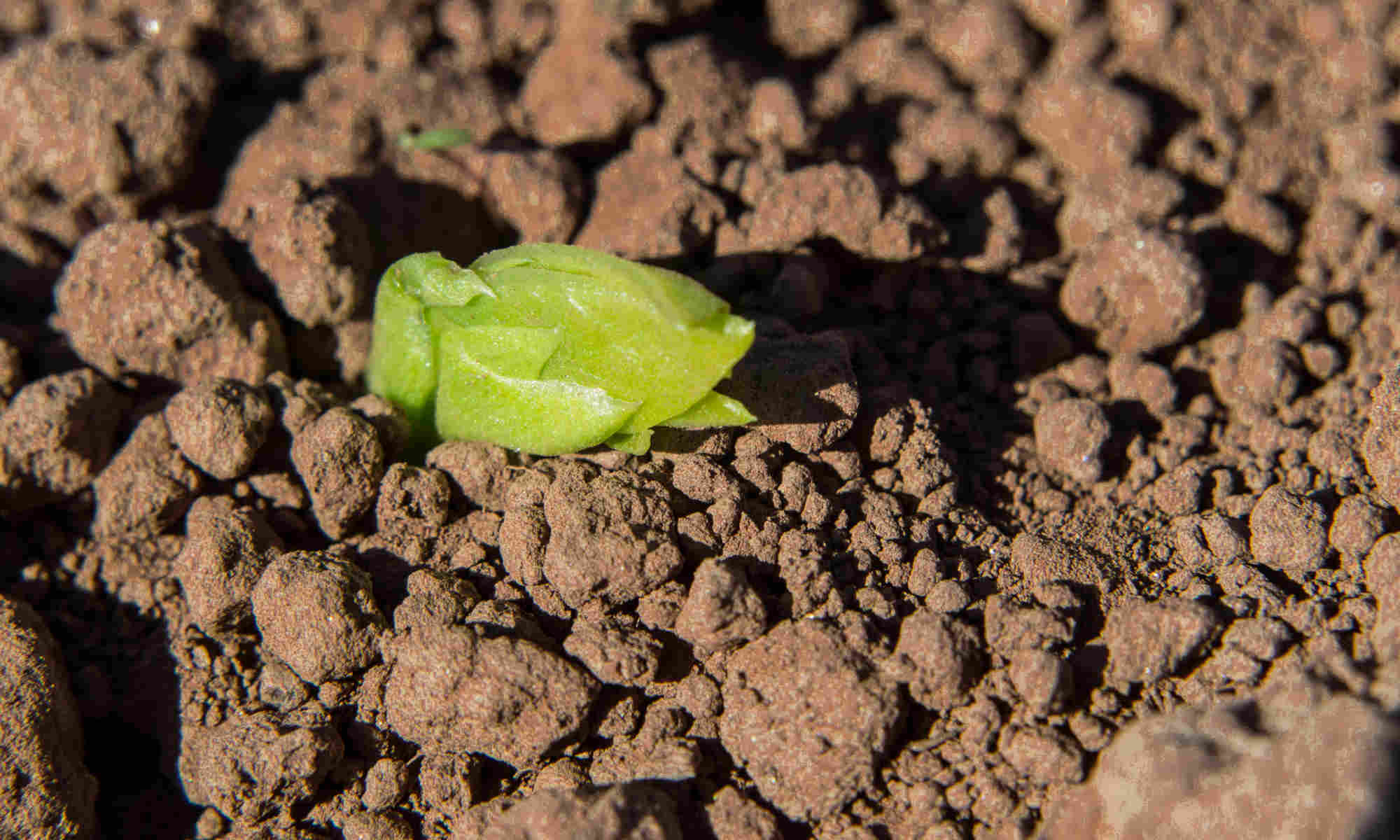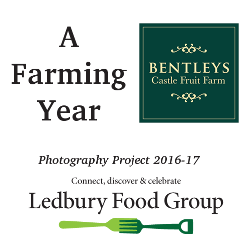
Michael Bentley has long been involved in Farmers Overseas Action Group which is a charity for agricultural development and other projects in Uganda. This interest was sparked by 2 years in India as a young graduate volunteer with the Quakers. Trained as a soil and water engineer his particular passion is sustainable farming practices in the tropics which increase yields by paying careful attention to water management and soil structure, one of the fundamentals of what is now known as Conservation Agriculture or Climate Smart Agriculture. Nature is committed to recycling everything, the circular economy par excellence, whereas man uses natural resources and then discards them. The tenets of Conservation Agriculture are just as relevant here in the UK so I asked Michael some questions about his practice at Castle Fruit Farm.
How do you look after your soil here at Castle Fruit Farm?
Maintaining soil health is crucial – globally and here. One way we look after our soil is by minimising the use of heavy machinery particularly when it is wet. This is one negative of organic growers in that mechanical weeding rather than spraying is their means of weed control which involves very regular traffic up and down the rows. We subsoil occasionally if the soil has become compacted to repair the soil structure.
In what ways are biodiversity important and how do you support biodiversity in the orchards?
Soil biodiversity is linked closely to soil structure and soil composition which is vital for good rooting of trees, good nutrition and therefore good yields. Yield (and price) determine our economic viability and underpins a commercial fruit farm like Castle Fruit Farm. When planting a new orchard we endeavour to rest and restore it before planting. We are currently replacing Baldwyn’s Oak orchard. Having grubbed the trees here – Cox apples which yield poorly and are now little in demand, sorry those who love them – we sowed a grass mix containing leguminous and flowering plants. This is then grazed (and manured ) by the sheep for one season. In order not to destroy the soil structure by ploughing as in the past, we simply spray a strip with a herbicide and then plant the new trees into an opened furrow. In this orchard it will be Braeburn – a new clone with good colour specifically for our northern clime and desire for coloured fruit not pale and interesting !
Another soil issue is erosion. We know in the tropics of the huge losses of soil after deluges as has happened recently in South America. We are fortunate in our climate. However we are seeing increasingly torrential rain. Here on Castle Fruit Farm we watch with dismay if gulleys appear on our steep sandy slopes and endeavour in different ways to prevent soil loss – planting across the contours where possible, avoiding using tractors when wet and mulching with bark chippings or green waste compost. Preventing soil loss is crucial everywhere in the world including here.

What about your management of water?
The best water is rain water over which we have no control. We drip feed water through irrigation systems to our orchards when essential – gone are the days of very wasteful sprinklers. We disrupt the soil minimally and try to minimise evaporation and conserve soil moisture by using green compost from near Dymock.
So in conclusion, what are the values of these practices?
Hopefully we are not only conserving soil health but improving it so that farming on this farm is sustainable for future generations and the great planet.
Definition of Conservation Agriculture from www-naweb.iaea.org
Conservation Agriculture (CA) is a set of soil management practices that minimize the disruption of the soil’s structure, composition and natural biodiversity. CA has proven potential to improve crop yields, while improving the long-term environmental and financial sustainability of farming.
The FAO believes that there are three major benefits from CA:
- Within fields that are controlled by CA the producer will see an increase in organic matter.
- Increase in water conservation due to the layer of organic matter and ground cover to help eliminate transportation and access runoff.
- Improvement of soil structure and rooting zone


